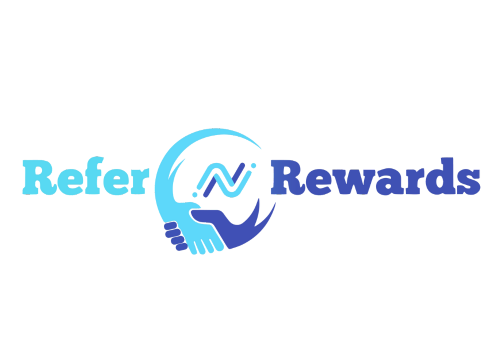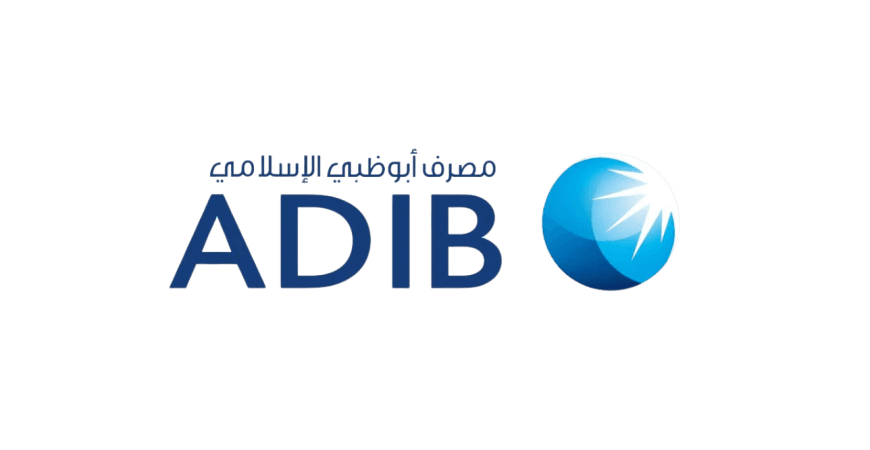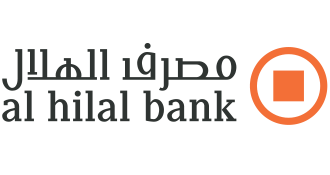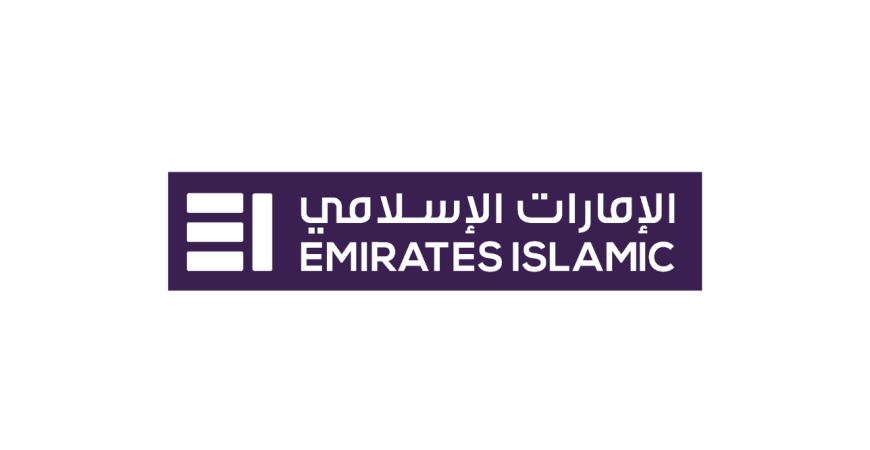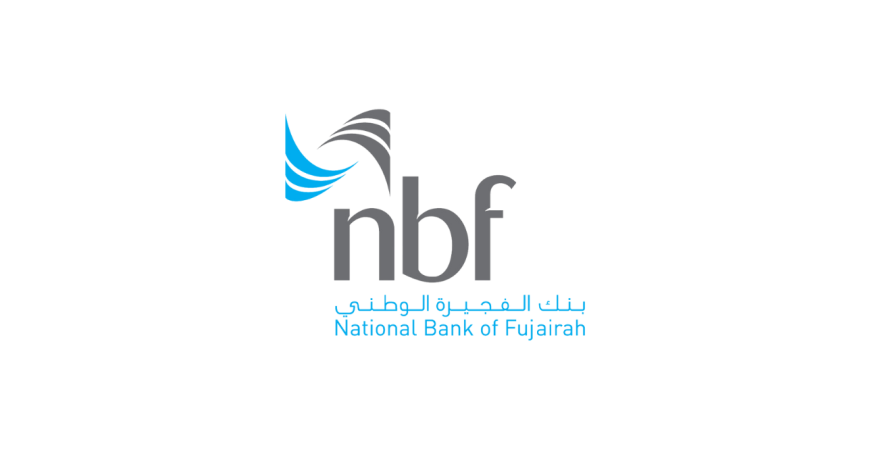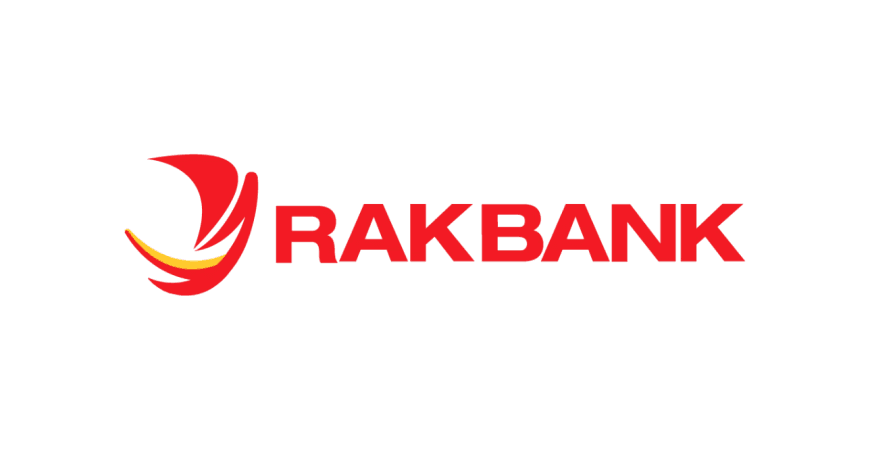ENBD LIV Personal Loan
The ENBD LIV Personal Loan is a fast, digital-first loan solution by LIV, the digital banking arm of Emirates NBD. Designed for salaried individuals in the UAE, it offers a seamless and paperless loan application experience directly through the LIV app.
Key Highlights
Minimum Salary
AED 5,000
Loan Amount
Up to AED 500,000
Interest Rate
Flat & Reducing Rates (based on profile)
Repayment Tenure
6 to 48 months
Benefits & Features
- 100% digital application and instant approval via LIV app
- Loan amounts based on income and employer profile (AED 10K–500K+)
- Competitive flat and reducing interest rates based on credit score
- No salary transfer required (subject to eligibility)
- Minimal documentation required – Emirates ID, bank statement, etc.
- Flexible repayment tenure from 6 to 48 months
- Transparent fees with no hidden charges
- Optional top-up loan, deferred payment & loan protection insurance
Eligibility Criteria
- Minimum monthly salary: AED 5,000–7,000
- Age between 21 and 60 years
- Employed by a company listed with LIV or Emirates NBD
- Valid Emirates ID and good credit score
